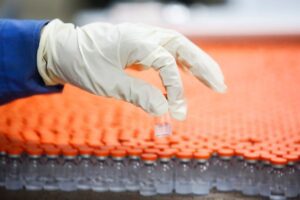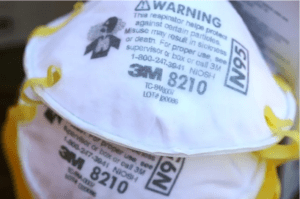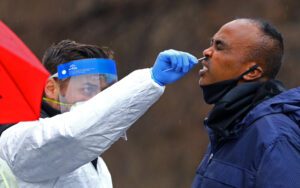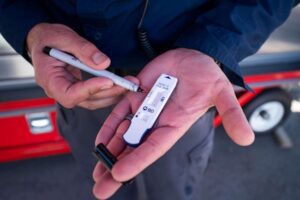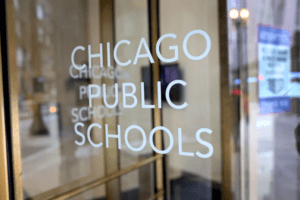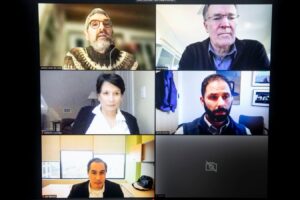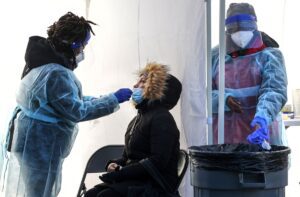What’s Holding Up New Omicron Vaccines?
With COVID-19 mutating rapidly, vaccine makers have tested a number of variant-specific vaccines, yet none of these have come close to authorization. Dan Barouch, MD, PhD (Center for Virology and Vaccine Research, BIDMC), spoke to why we haven’t seen variant specific vaccines authorized, noting it takes four to six months to generate new batches of variant-specific vaccine for distribution and that new variants can emerge and flame out in that timeline.

